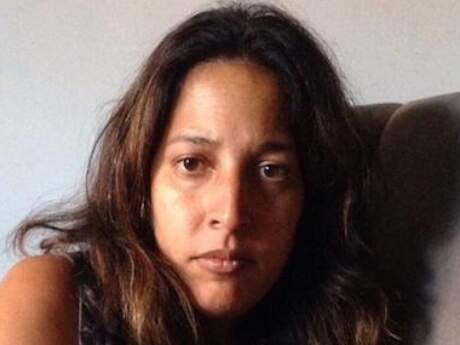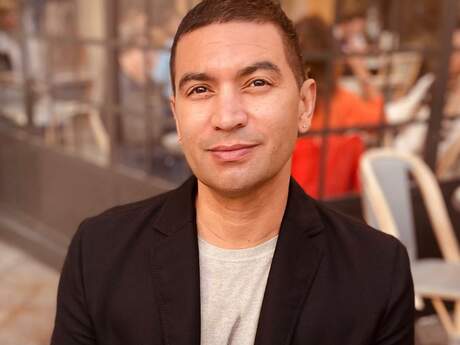Q & A: American Poetry
Q & A American Poetry: Vickie Karp
What significance does popular culture possess in your sense of American poetry?
John Wayne was a classics major and loved Latin. I know this erudite thing because the poet, Laurance Wieder, read it in a biography about the film director John Ford and mentioned it to me. At the time, I was writing an article about Wieder and his chapbook, "Duke: The Poems As Told To Laurance Wieder." In it. Wieder takes on the persona and voice of the film star to talk about life and art and women and war. Like Homer, little Missy, only with hats.
The power of popular culture over poetry, or, more accurately, the interplay of the two, is a 20th century fascination. Its voices at the moment are ingrained: dotty and warm on the radio, frank and plodding on the television, jaded and sneering on the computer, inquisitive and tentative on the telephone, heart-wrenching and fire-breathing in film. Wisdom and Art put in appearances as they will.
Something of the kind, only holier, always threatens the voice of American poetry. And the threat usually engenders shapes and leaps— the combative originality of our ongoing tradition. Where do we get our images from? Everywhere. Everywhere. We are all different proportions of the same element s and influences though we choose and reject and adjust as we see fit. As for experiments in technique, poets here continue to love the machinery of poetry the way we love our cars. For some, it's a vehicle, for others a reason to live.
I am not only an American poet, but a New York poet— a person who grew up in the air, in apartments, a person who never lived on the ground until 1988, when I bought a house on Long Island. I still remember feeling flush with power when I moved my first tree. I am more comfortable with the skyscraper, the car, the subway, then I will ever be with the homestead, the horse, the covered wagon. And yet, these latter emblems are in my consciousness, and in the backdrops of my poetic conversations. My uncles were big loud men from the Bronx who owned candy stores or worked as salesmen, yet I have this unbidden sense that I am a part of a family that includes talented baseball players, reticent carpenters, can-do farmers, priests who save lepers from raging Hawaiian volcanoes, Amish people and Mormons. I don't think there is any explaining it, but there is utilizing it. It's the American myth, now part tabloid and part celluloid. It flows through us from high and low influences, and thank God for both.
American myth and its ongoing battle with American reality continues to provide galvanizing subject matter for poets. And not just subject matter. In "Tradition and the Individual Talent," T.S. Eliot postulates rather famously that each time a good new poem is written, all poetry is forever changed by it, and the poems come to exist in what we might now call a space/time continuum, though Eliot would not doubt loathe the analogy or translate it into Sanskrit. I find this surprisingly generous sense of inclusiveness for so formal and discerning a man— I like to think of it as Eliot's streak of John Wayne sneaking out—allegiance to triumph over adversity, baking from scratch, good clean fights, good intentions gone wrong and bad intentions duly punished— all the things which provide the ground for how we create ourselves as American poets.
And anyway, if Eliot and Wayne both loved the Classics and Latin, what are we to do but widen the pantheon?
Published 1999.


